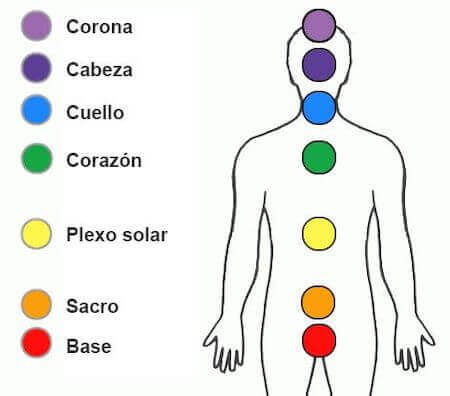
“When you retire, your object should not be for people to talk about you but for you to talk to yourself. And what will you say; the harsh assessment. Get used to speaking the truth, and to hearing it.” – Seneca, Letters on Ethics 68.6
Journaling has been a significant part of my life for several decades now. It has been therapeutic, practical and thought-provoking in most respects. That is to say curative in that it helps to air out problems, pragmatic in that it lays down a course of action and provocative because it’s an ideal way to generate fresh ideas. One can also record events as they transpire and resort to such detail at a later date should the occasion call for it.
—
There are numerous ways to go about journaling. Some use a large list of set-questions or begin by observing the environment about them; such as the weather outside or the emotional weather inside. While audio journaling, it’s not uncommon for me to talk about my physical and mental health at different intervals of a session. Over time we may begin to see a correlation between good energy and constructive thinking. Whereas when we feel fatigued or tired our overall thoughts may gravitate towards cynicism or pessimism.
—
Recognizing these patterns are useful and neither is it necessary to deem them bad or good, which sometimes may only add additional confusion to the mix. Cynicism, pessimism and negativity each have their advantages depending on the context. Just because your grade school teacher filled your head with ambiguous notions of right and wrong, doesn’t mean that you have to carry them around for the rest of your life, especially when you realize that they don’t really holdup.
—
In fact, perhaps one of the greatest obstacles to self-awareness are the false beliefs that have one way or the other become cemented into our assumptions about the world at large. As long as these ideologies remain rent free in our mind, we do not yet belong to ourselves. You have heard it said not to hate but would you not do well to have contempt for all their misguided wishes. Otherwise your fondness for acceptance and solidarity could render you into a drone of sorts.
—
The associated video demonstrates my personal approach to journaling while hiking. This talk touches on some of the basic modes we both consciously and unconsciously avail of in order to make sense of things, leading up to and ending in mindfulness. In particular, you may notice me drawing upon a platonic notion called the hypostasis, which basically means that there are three parts to intelligence that enable us to know things.
—
Theoretically speaking, such an intellectual principle can also be detected all the ways down into physical matter. Most philosophers of this day and age debunk this idea for various reasons but it continues to have relevance for some and perhaps in time will become significant once again. Either way it’s not my intention to explain the integral aspects of these platonic forms (metacognition) but to use it as a guide for unpacking abstract notions such as awareness.
—
By and large my audio recording will probably be difficult to take in. Thinking about thinking can be a laborsome ordeal. My spoken word remains choppy and hesitant, as though the thinker is unable to find contentment in what is being dictated, perpetually discovering as he speaks the need to be more articulate while simultaneously needing to omit and recalibrate. While the end product may take on the flavour of a can of Campbell’s Condensed Soup, it’s really overladen with salt, so no need to add anymore spices but water it down if you can.



